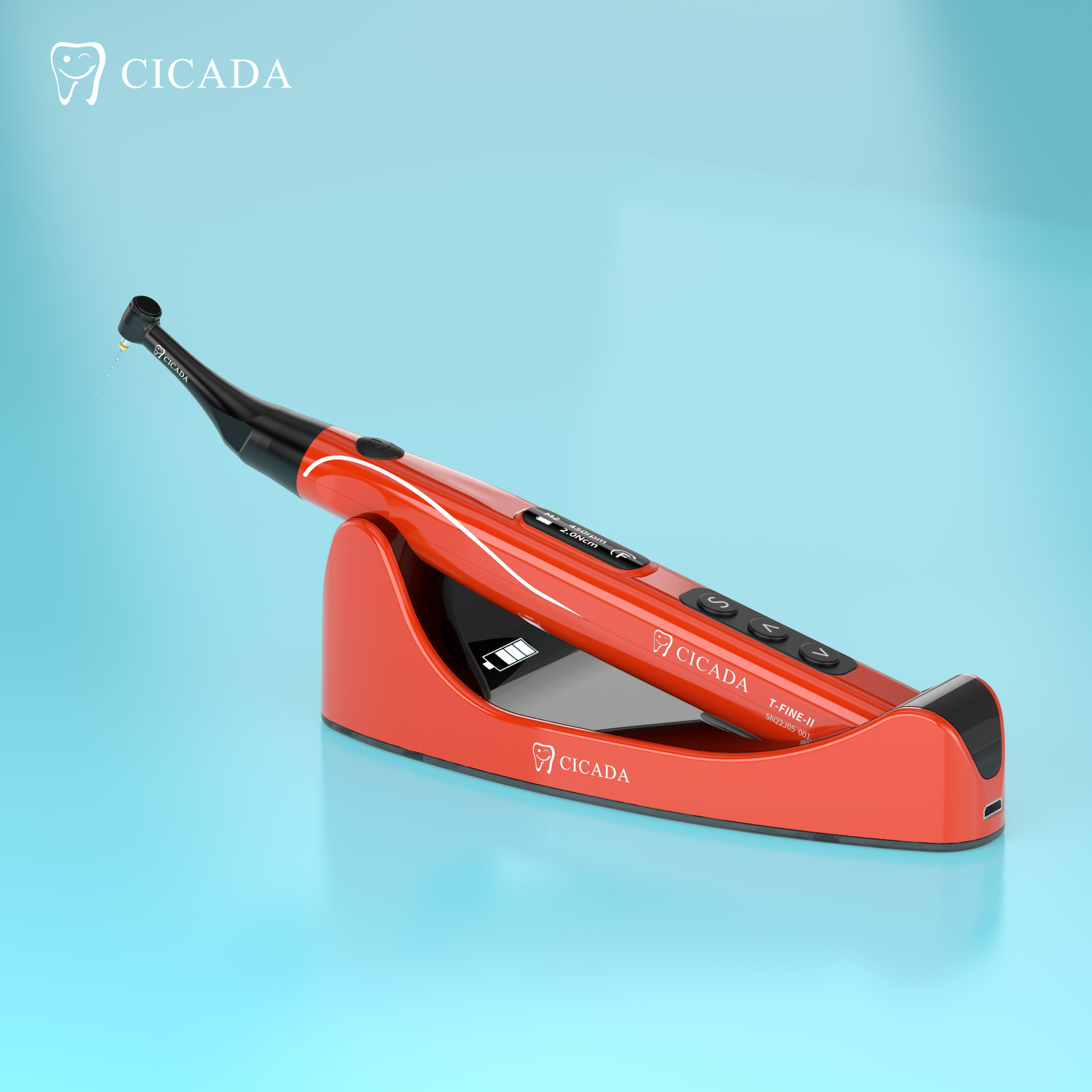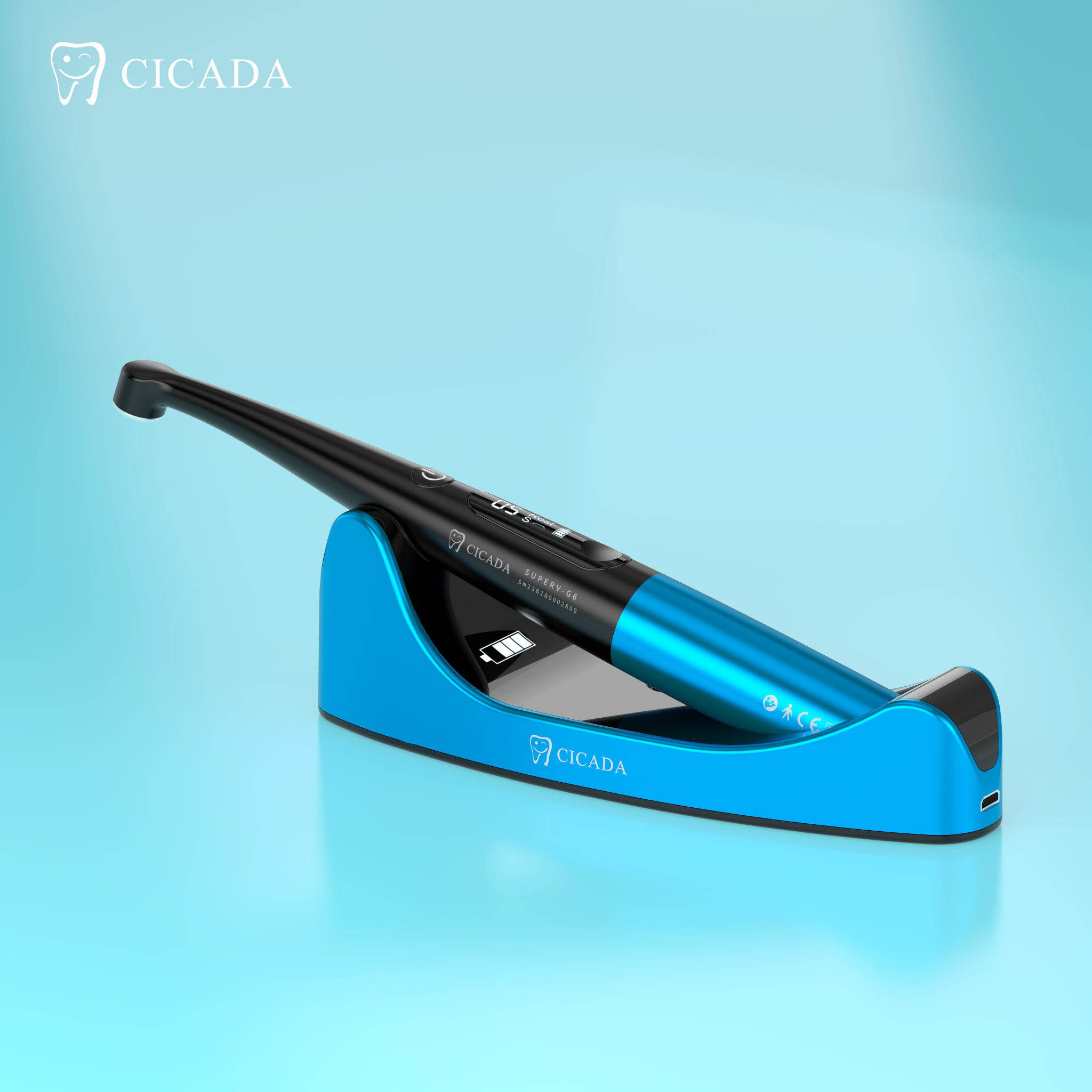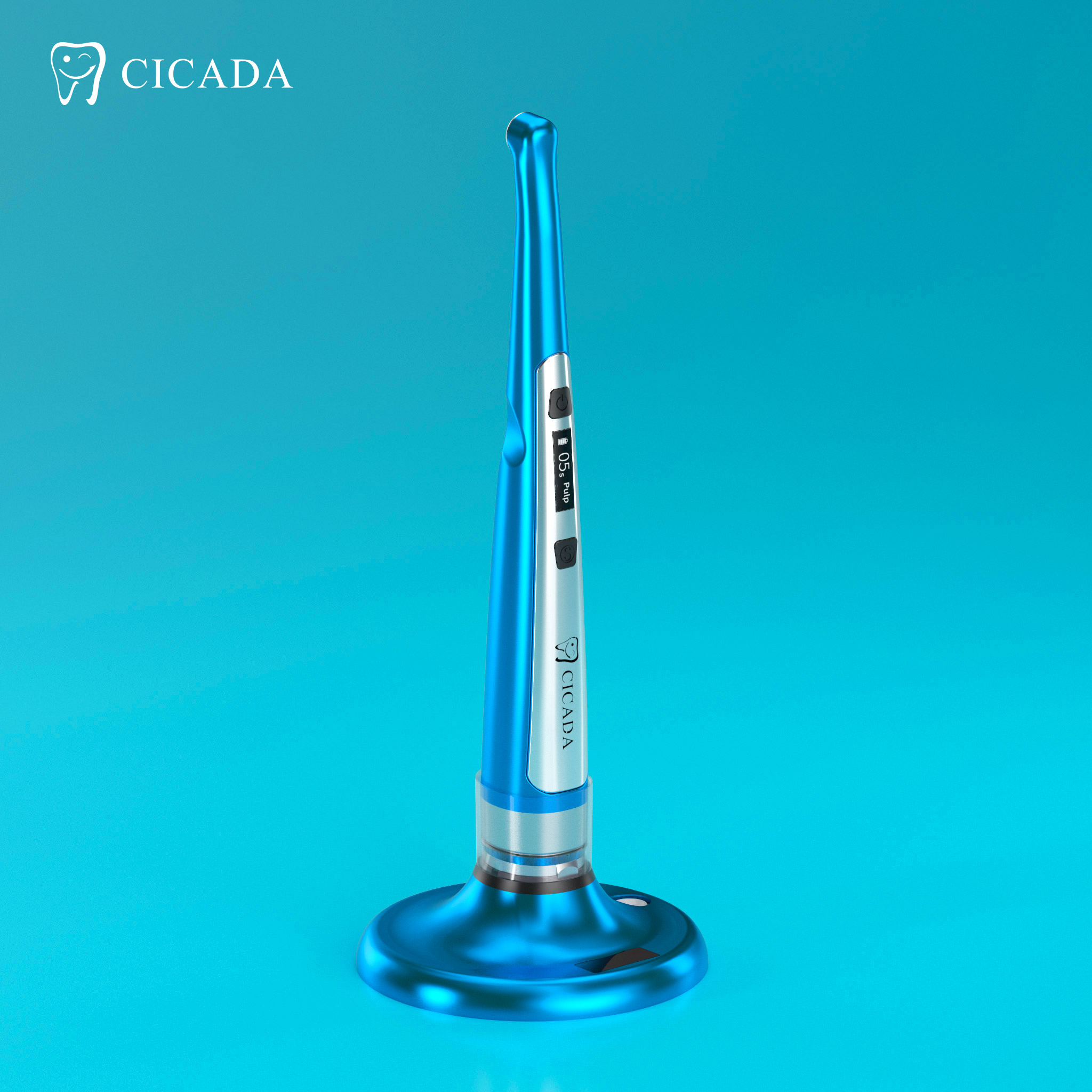The performance of implant handpieces in dental procedures is significantly influenced by the materials used in their construction. As technology advances, the integration of innovative materials enhances durability, precision, and overall functionality. This article explores how advanced materials impact the performance of implant handpieces, focusing on key materials such as titanium alloys, ceramics, and specialized coatings.
Titanium Alloys
Titanium and its alloys have established themselves as the gold standard in dental implants due to their exceptional strength, biocompatibility, and corrosion resistance. These properties ensure that titanium implants integrate seamlessly with bone tissue, promoting osseointegration and minimizing the risk of rejection.
Strength and Durability: Titanium alloys possess a high strength-to-weight ratio, enabling them to withstand the stresses of daily use while maintaining a lightweight profile. This characteristic is crucial for implant handpieces that require both strength and maneuverability during procedures.
Corrosion Resistance: The inherent corrosion resistance of titanium alloys enhances their longevity. This durability reduces maintenance needs and increases the reliability of implant handpieces over time.
Zirconia Implants
Zirconia has gained popularity as an alternative to titanium, especially for patients seeking metal-free options. Its aesthetic appeal is complemented by several performance advantages.
Aesthetic Qualities: Zirconia implants closely mimic the natural color of teeth, making them an ideal choice for visible areas in the mouth. This property is particularly beneficial in cosmetic dentistry where aesthetics are paramount.
Biocompatibility: Like titanium, zirconia is highly biocompatible, which lowers the likelihood of adverse reactions in sensitive patients. Its non-metallic nature makes it suitable for individuals with metal allergies.
Strength and Resistance: Modern zirconia materials are engineered for high strength and durability, allowing them to withstand chewing forces effectively. However, they may be more susceptible to fracture under excessive stress compared to titanium.
Advanced Coatings
The application of advanced coatings significantly enhances the performance characteristics of implant handpieces.
Physical Vapor Deposition (PVD): This technology involves depositing thin layers of hard materials onto the surfaces of handpieces. Coatings such as zirconium nitride or diamond-like carbon improve wear resistance and reduce friction during operation. These enhancements contribute to longer-lasting instruments with lower maintenance requirements.
Antimicrobial Coatings: Incorporating antimicrobial properties into coatings helps minimize infection risks associated with dental procedures. These coatings inhibit bacterial growth on the surface of handpieces, promoting better hygiene during treatments.
Innovative Bearings
Recent innovations include advanced ceramic bearings that outperform traditional steel bearings in various aspects.
Low Friction and Heat Generation: These bearings reduce centrifugal friction and heat generation during use, leading to longer-lasting handpieces and improved operational efficiency.
Enhanced Precision: The design and material composition of these bearings enable greater precision in dental procedures, allowing for quicker and more accurate cutting actions during implant placement.
In conclusion, the impact of advanced materials on implant handpiece performance is profound. The integration of titanium alloys, zirconia, specialized coatings, and innovative bearing designs enhances durability, precision, and overall functionality. As dental technology continues to evolve, these materials will play a pivotal role in shaping the future of implant dentistry.

.jpg)


